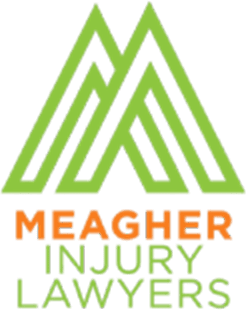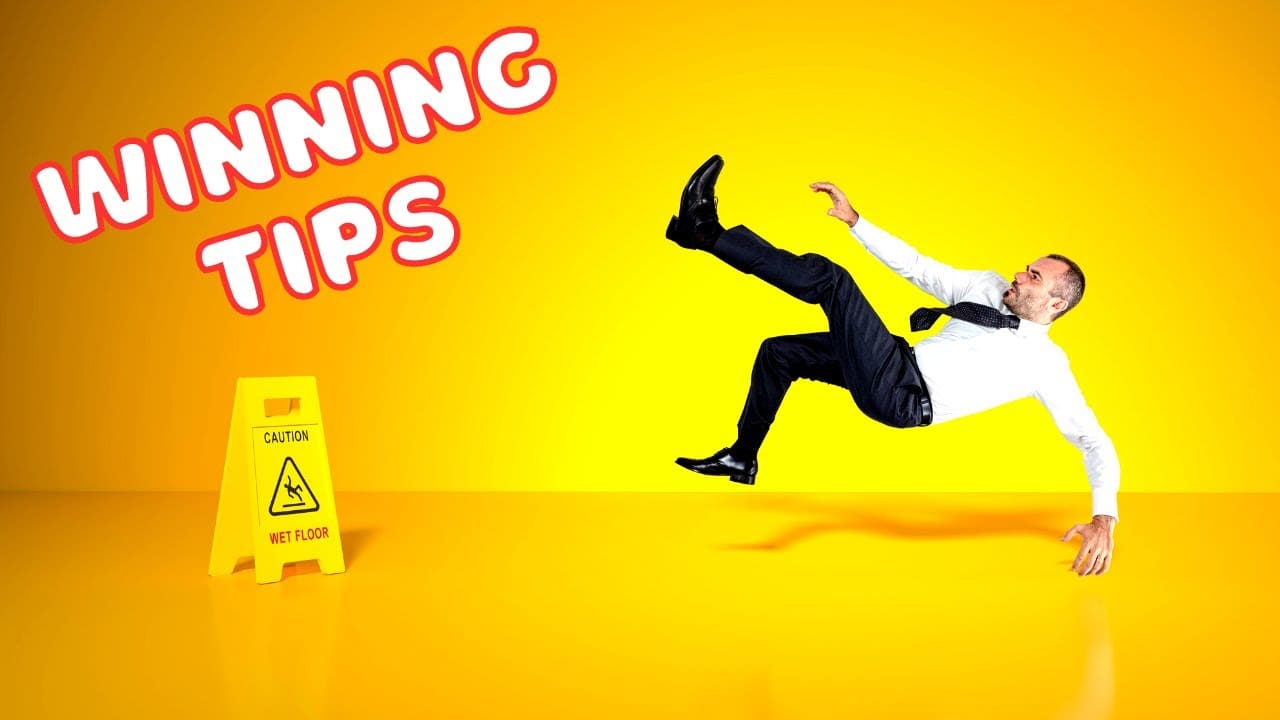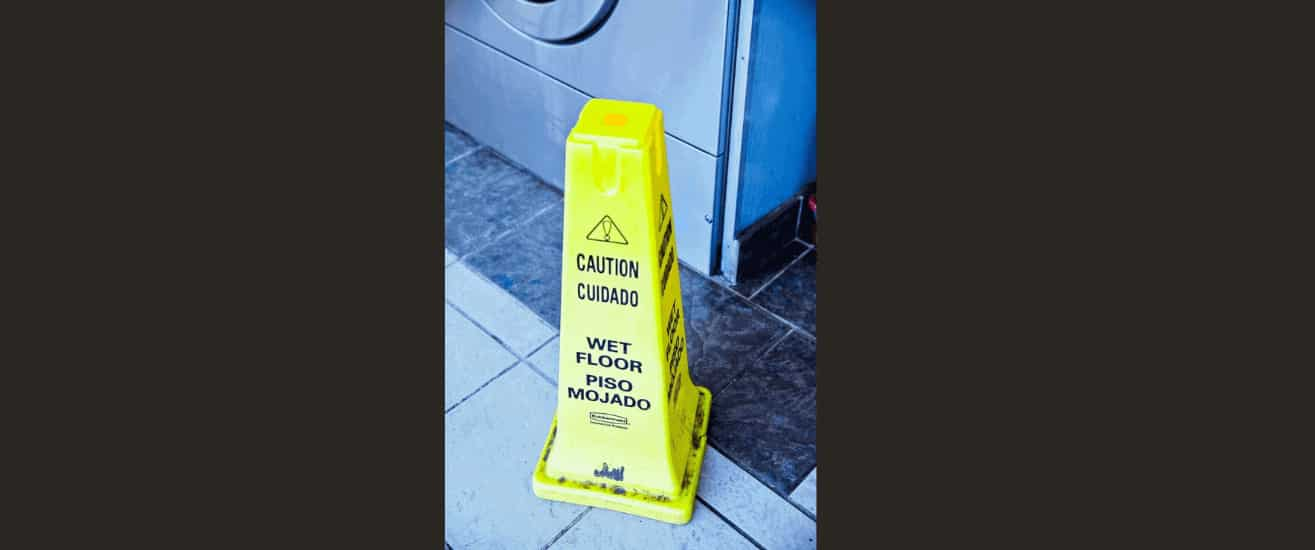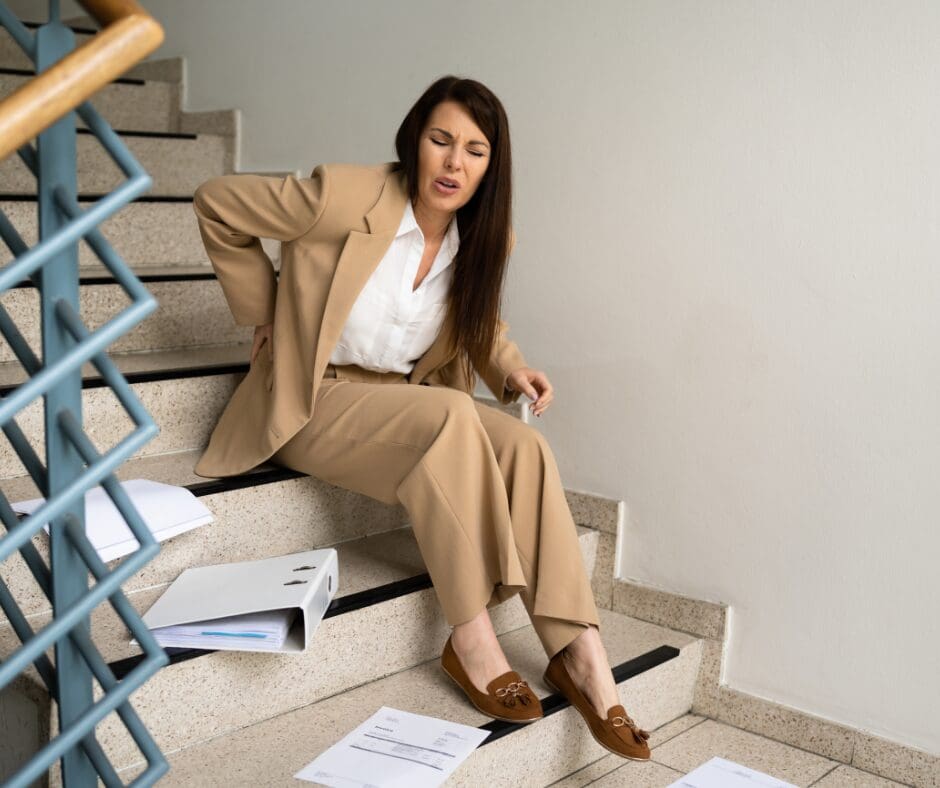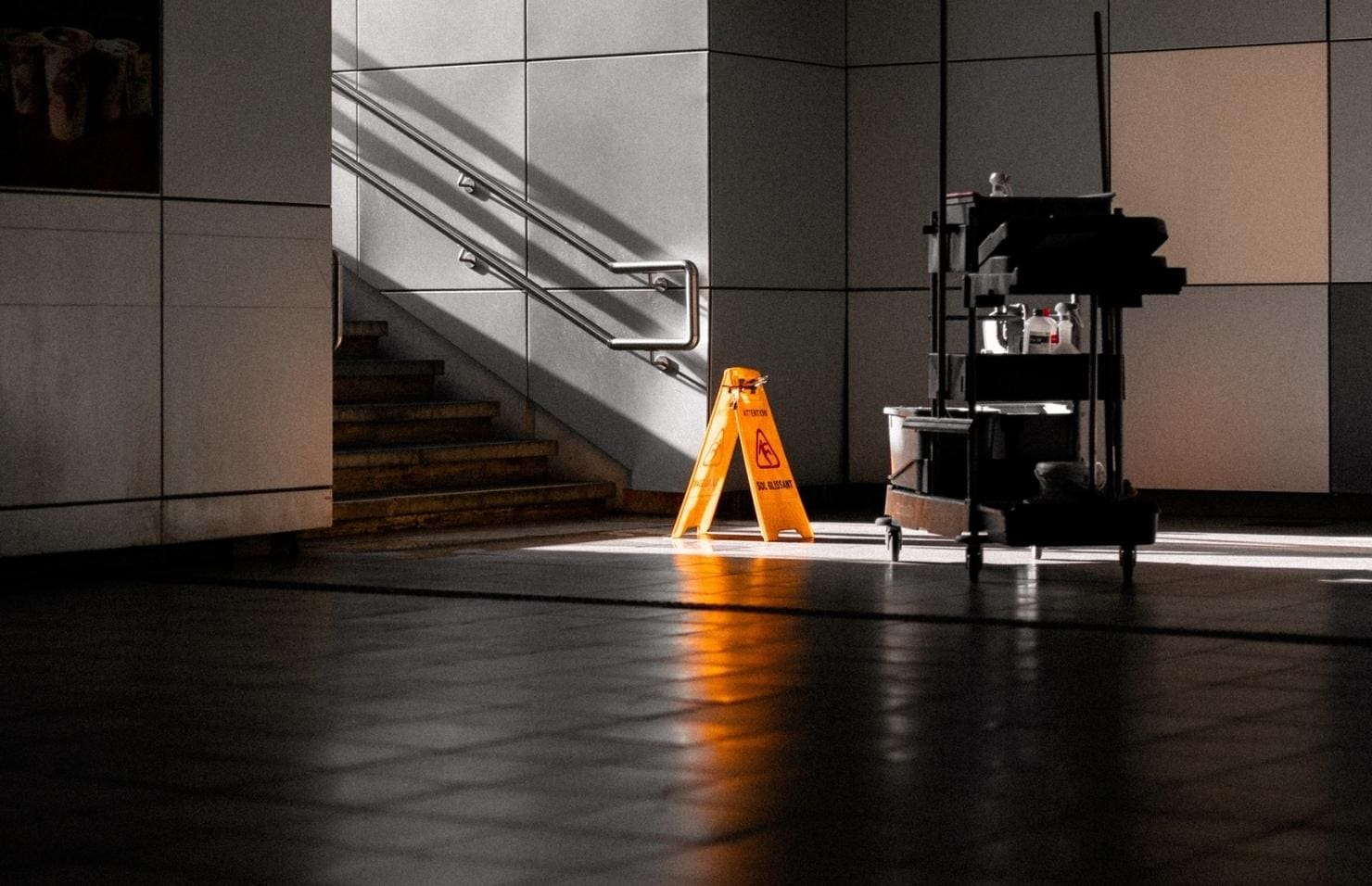Floors and flooring materials play a part in more than 2 million fall injuries every year. It is not usually easy to win a slip-and-fall injury case. Such cases can be a real labyrinth. To triumph, it’s vital to arm yourself with the right kind of evidence to pin liability on the property owner where the incident occurred. So, what does it take to win a slip or trip and fall injury case?
Insurance Companies And Large Companies Are Tough In Defending Slip And Fall Injury Cases
First off, we stress the importance of not expecting fairness from insurance companies or large corporations. They’re primarily businesses seeking to minimize the amount they pay to injury victims. They do not care about your interests. They merely see you as a number with the goal of paying you the least amount possible.
File Your Lawsuit Before The Statute Of Limitations Runs
Moreover, don’t forget about the ticking clock. Preserve your claim by filing a lawsuit before the statute of limitations expires. For instance, in Kentucky, the law allows you to file a lawsuit only one year from the date of the fall. That might seem like a long time, but it isn’t when dealing with an injury case.
Bear in mind that lawyers or insurance adjusters will struggle to value your case within a year if the injuries sustained are significant and you are continuing to get medical treatment at the one-year mark. It’s often impossible to assess the case value until the victim is done treating or reaches maximum improvement. Therefore, don’t sit around waiting for a fair offer. Act promptly!
Where The Slip And Fall Occurs Matters
To win a case and secure a significant financial recovery, your fall must have taken place on someone else’s property. Our firm has personally handled slip or trip and fall injury cases involving falls at big retail stores, grocery stores, gas stations, restaurants, apartment complexes, hotels, sidewalks, and parking lots. If you’ve fallen on property that isn’t yours, you might be entitled to a settlement, but only if you can prove negligence on the part of the property owner or anyone else with control over the property.
Proving negligence means showing that the property owner breached a duty of care owed to you. For instance, in Kentucky, owners of businesses open to the public, such as grocery stores, retail stores, restaurants, hotels, etc., have a duty to inspect for slipping or tripping hazards on the premises.
If they’ve acted unreasonably, failing to identify or fix a defective condition that resulted in your fall, you could be entitled to financial recovery due to the property owner’s negligence. This is why it’s crucial to document the defective condition soon after your fall, ideally through taking photographs of the defective condition. It is also a good idea to report your fall to a manager at the business and obtain contact information from any witnesses to your fall.
Send A Letter To The Property Owners Demanding That They Preserve Evidence
An often overlooked yet crucial step is to send a ‘preservation letter’ to the at-fault party or company. This letter requests the preservation of any evidence related to the accident, such as witness statements, surveillance footage, and other relevant materials. If the at-fault party fails to comply, this might strengthen your case should you need to go to court.
Contact A Kentucky Slip and Fall Lawyer At Our Office
Remember, slip and fall, or trip and fall cases can be tough to win. There’s a good chance that the company or their insurance firm will resist your claim and not offer a fair settlement. In such cases, filing a lawsuit might be the only way to get fair value for your injury claim.
As such, don’t delay. Contact Meagher Injury Lawyers for a free legal consultation with a Kentucky slip and fall lawyer.
